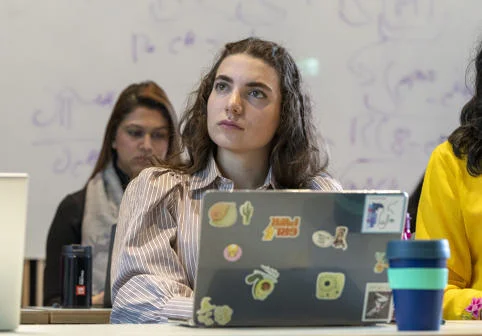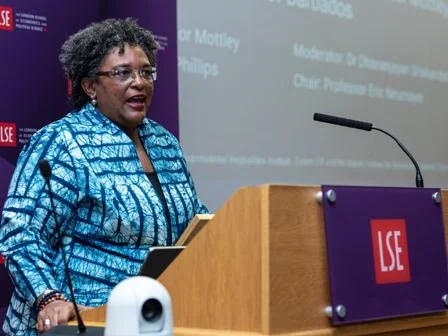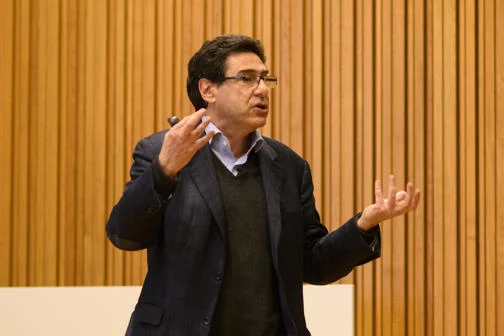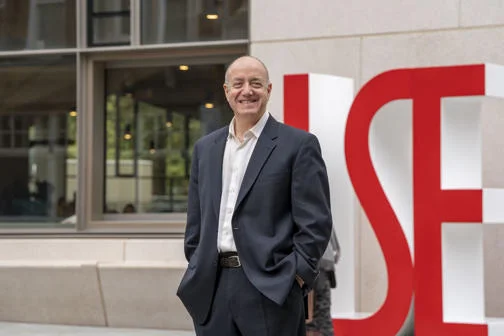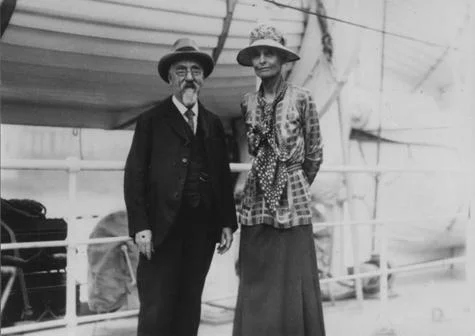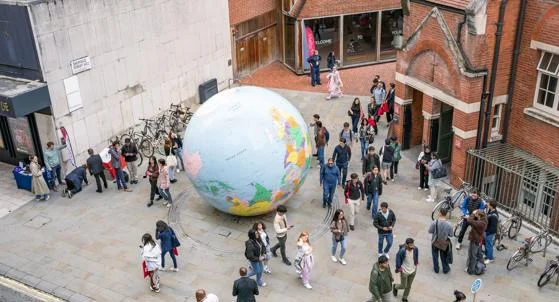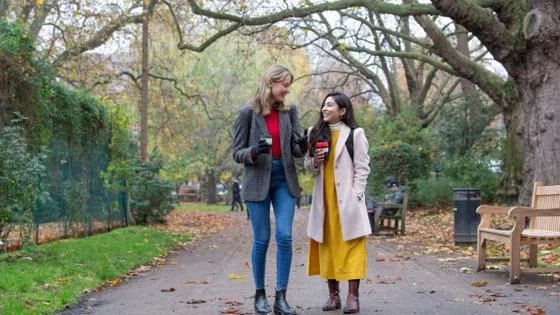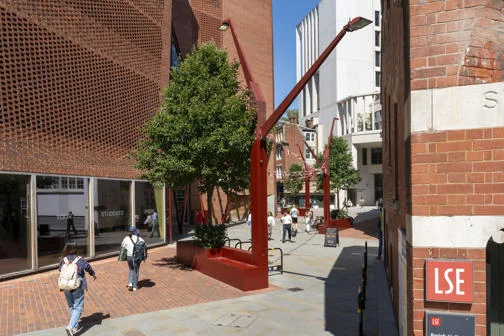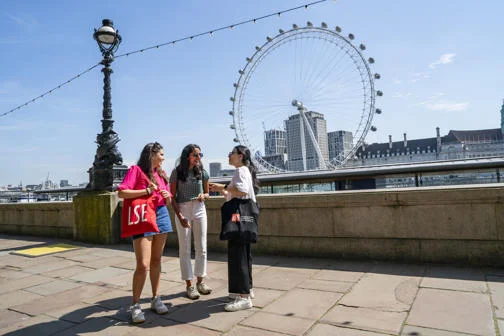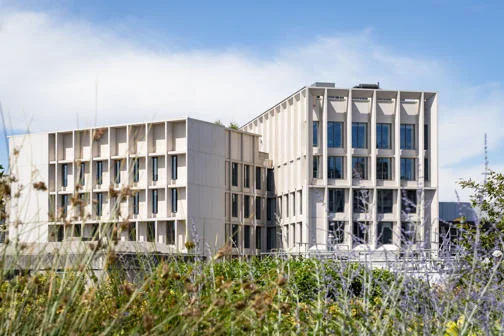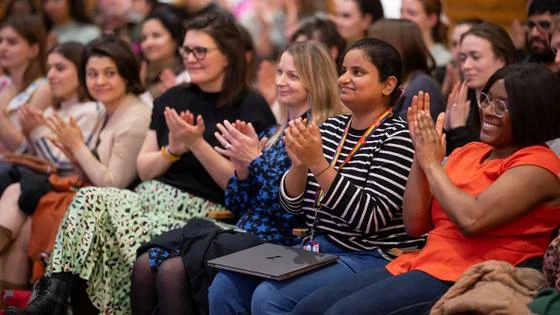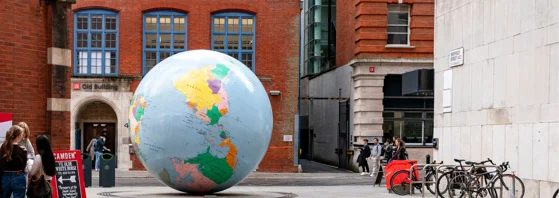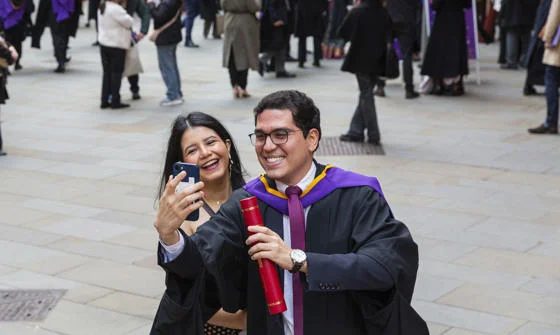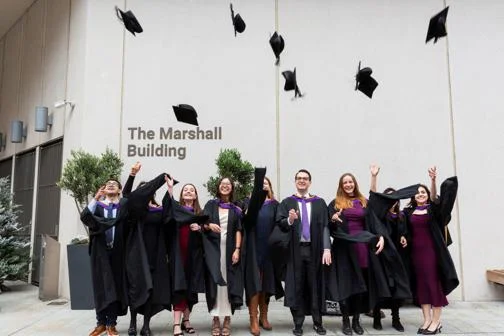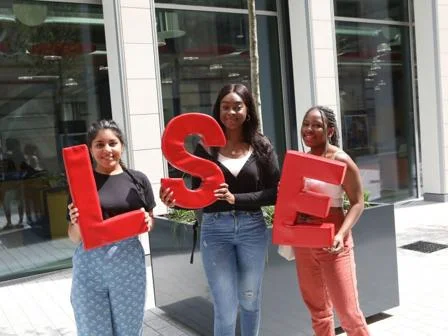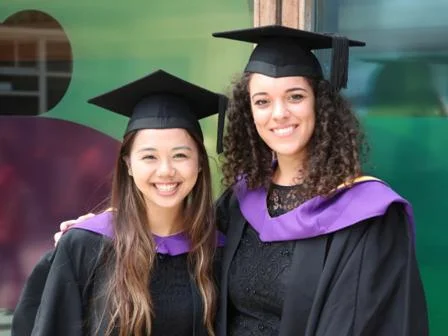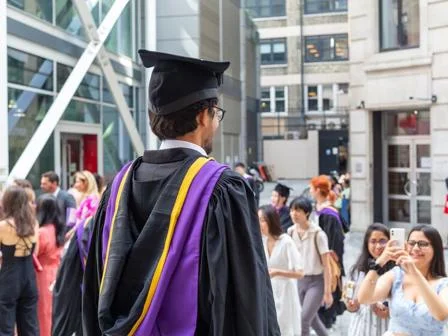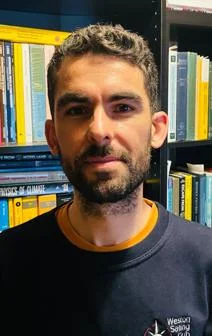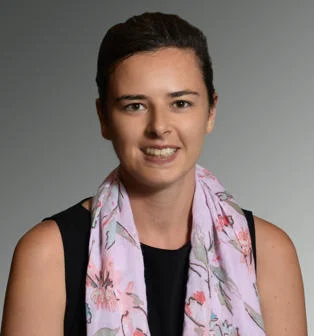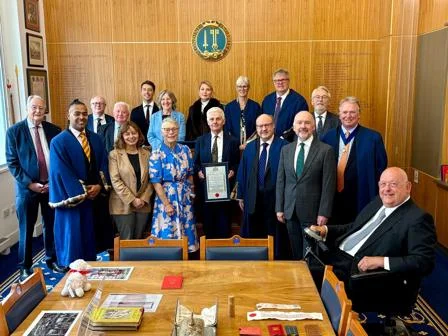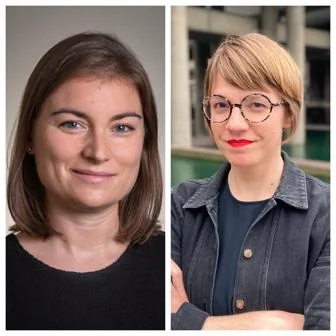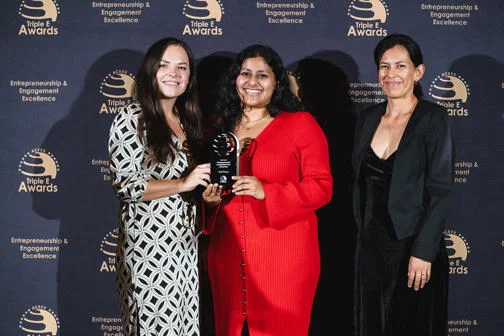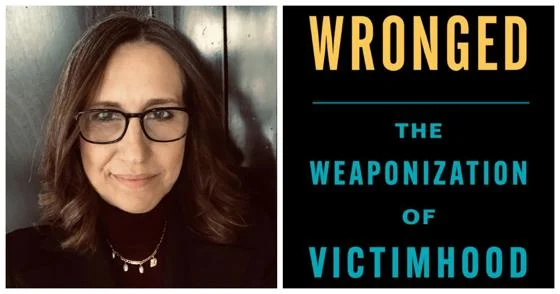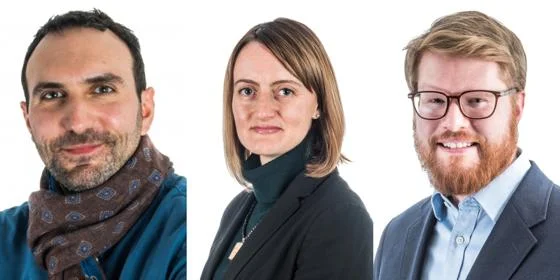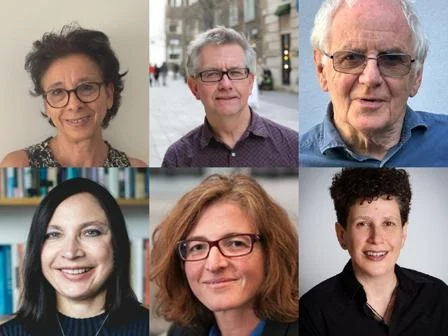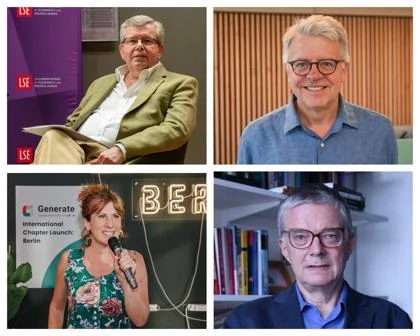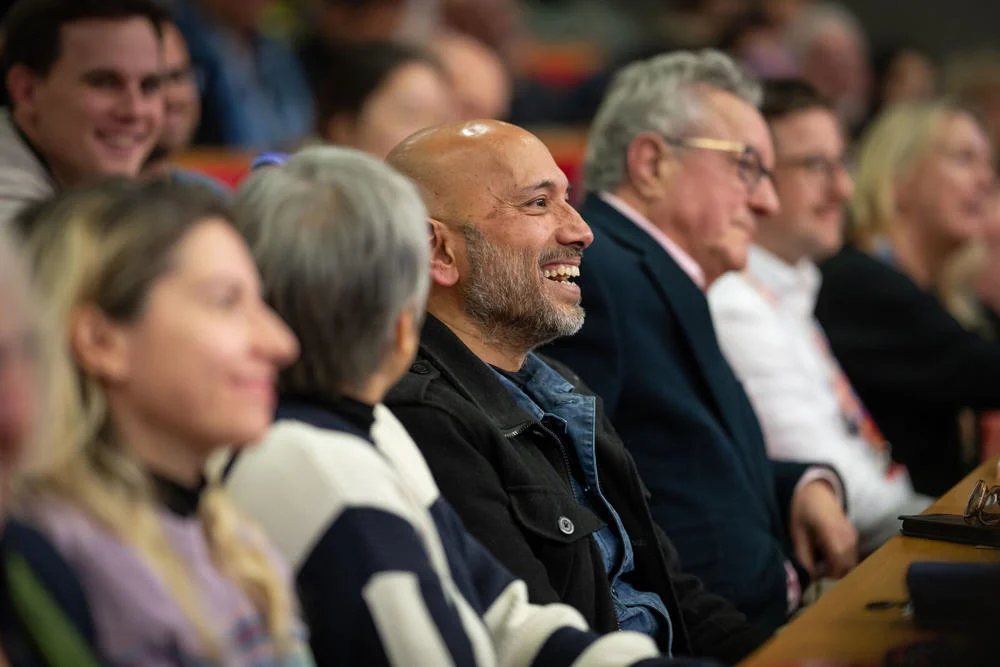About LSE
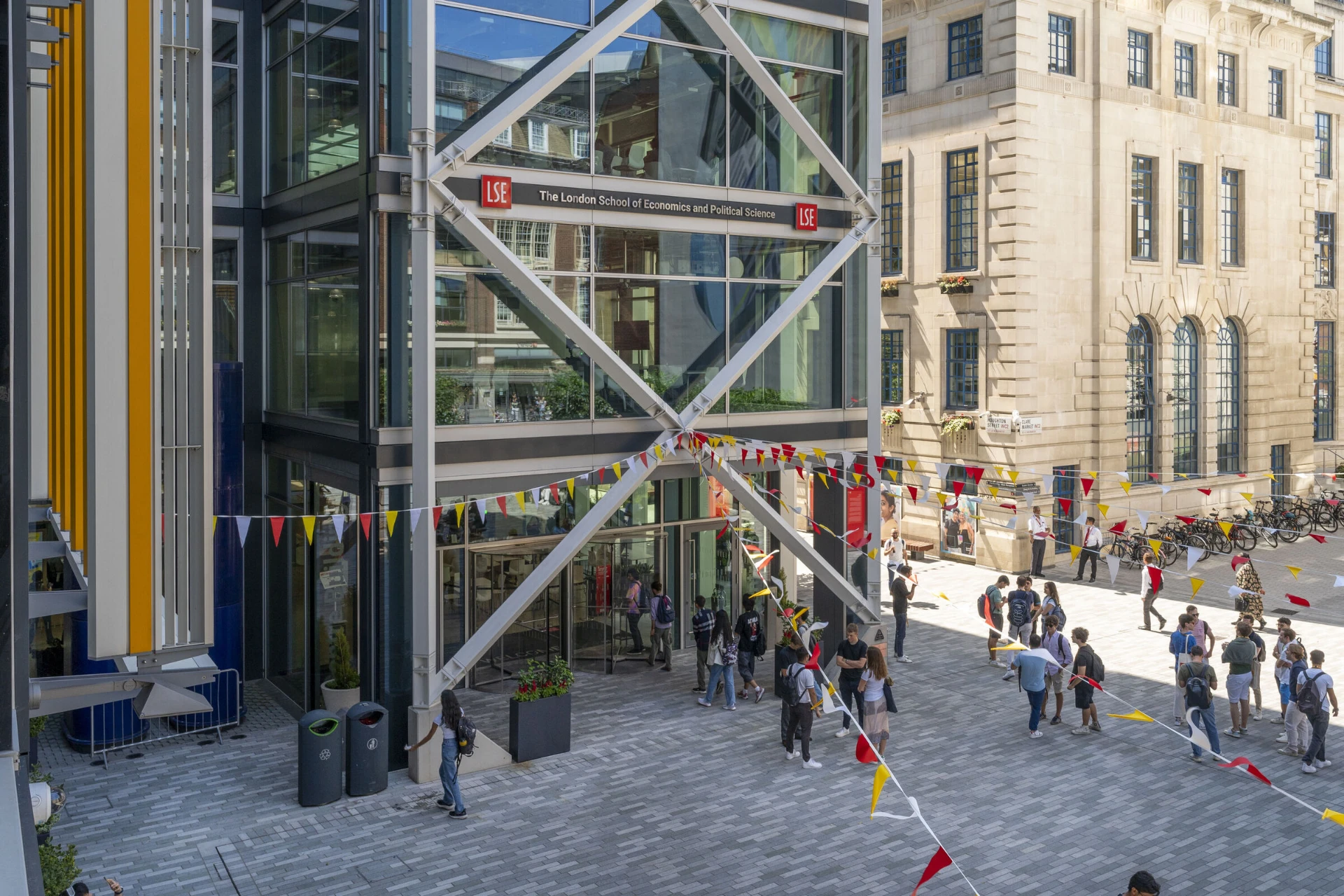
Welcome to the London School of Economics and Political Science (LSE), a world-leading university, specialising in social sciences. LSE was ranked top in the UK for 2025 and 2026 by the Times and Sunday Times Good University Guide. Based in the heart of London, we are a global community of people and ideas that transform the world.
Our top news
Celebrating LSE's 130th anniversary
Since 1895, the London School of Economics has shaped society and driven global change. Join us as we celebrate 130 years of LSE’s impact and enduring legacy.
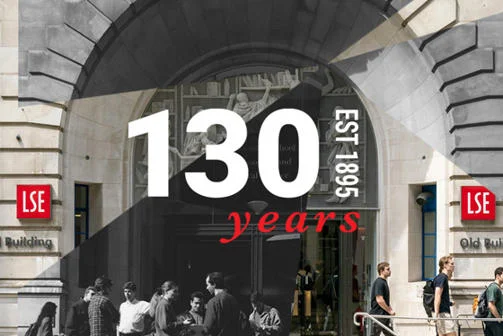
LSE named as top university in the UK
The Times and The Sunday Times Good University Guide 2026 has ranked LSE as the number one university in the country
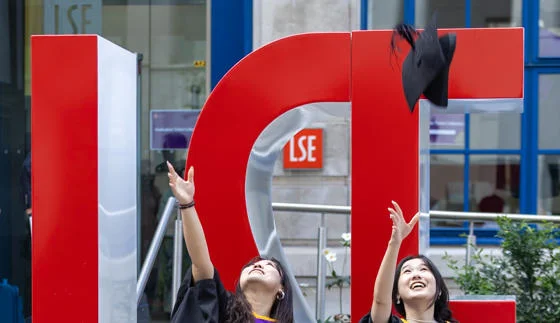
LSE academic Philippe Aghion awarded Nobel Prize in Economic Sciences
He was awarded the prize for work on innovation-driven economic growth.
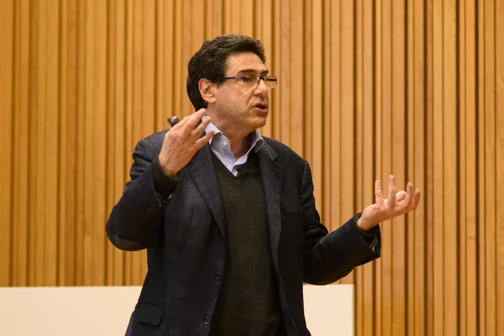
Introducing LSE
Pioneering people from 1895 to today
Introducing LSE
LSE was founded by social reformers in 1895 for "the betterment of society" and has been shaping the world ever since

Five global challenges at LSE
LSE, a world-leading social sciences university, is uniquely placed to help society navigate five major challenges the world is facing
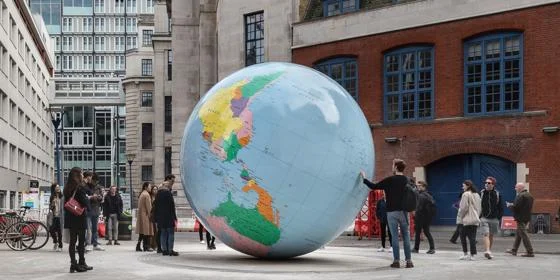
League tables and rankings
LSE is ranked first in the UK and in London
LSE named as top university in the UK
The Times and The Sunday Times Good University Guide 2026 has ranked LSE as the number one university in the country

LSE leads in entrepreneurship, public engagement and professional development
The latest Knowledge Exchange Framework highlights LSE strengths in key areas
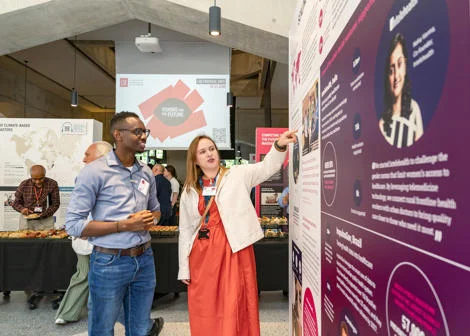
Awards and honours
Recent achievements at LSE
LSE academic Philippe Aghion awarded Nobel Prize in Economic Sciences
He was awarded the prize for work on innovation-driven economic growth.

2026 New Year Honours for LSE academics
LSE academics Professor Tony Travers and Professor Jonathan Wadsworth are recognised in the 2026 New Year Honours for their impact on public service and economics.
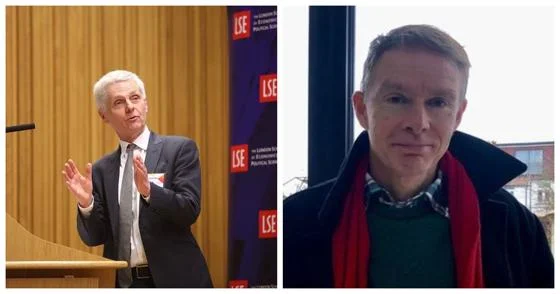
Our strategic priorities
Education and Student Experience
Browse education news, hear from our students and explore all that LSE offers
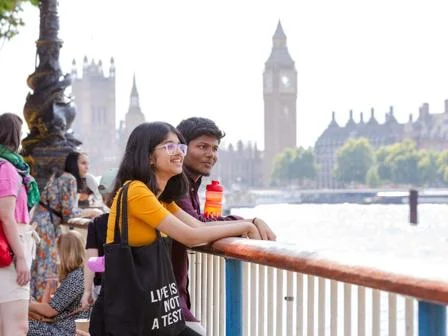
LSE Research
Browse research news, blogs and films, search our repository of publications, or find a social science expert in your area of interest.
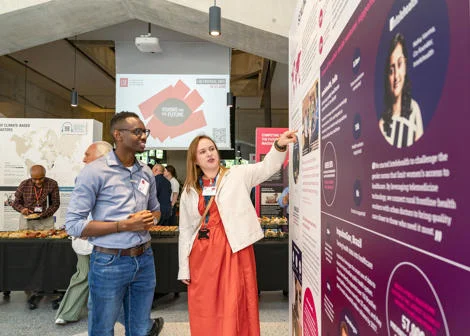
LSE 2030
Our strategy to shape the world
